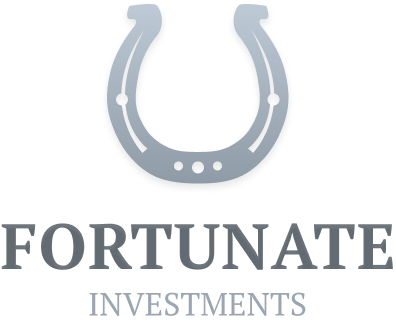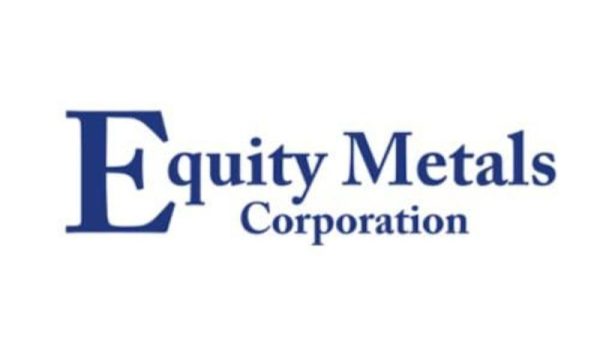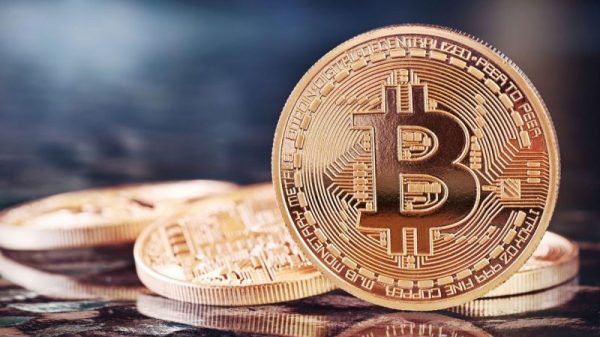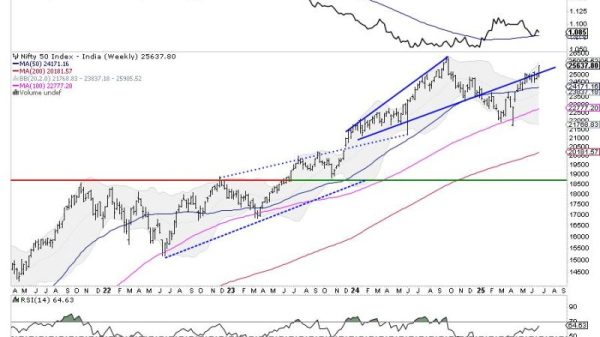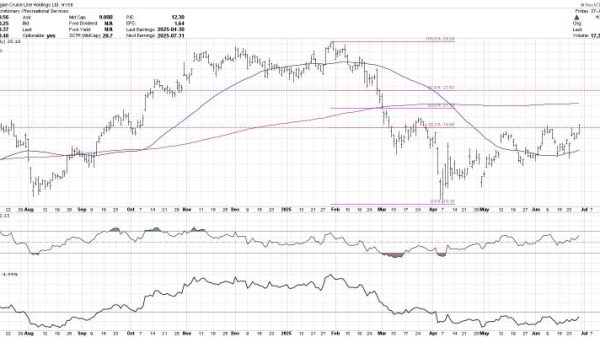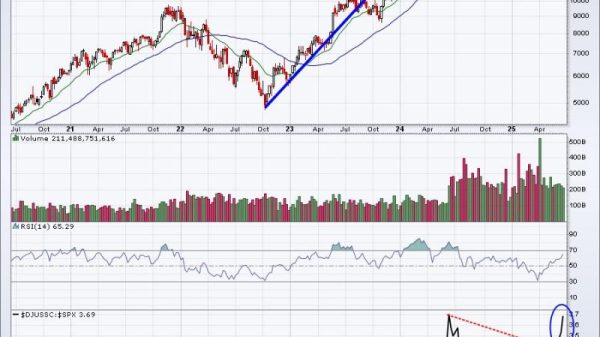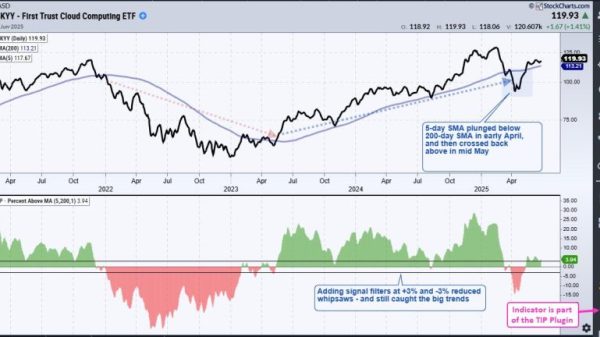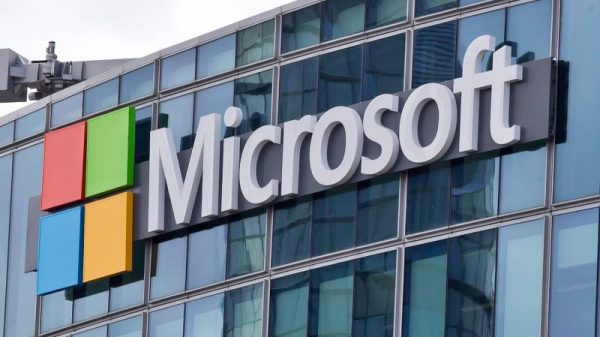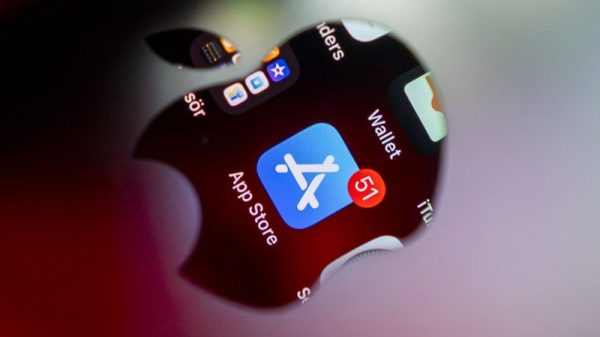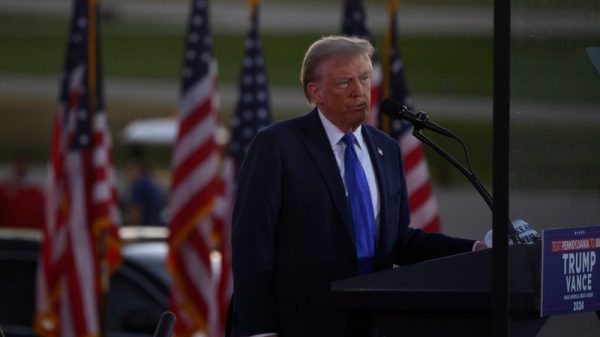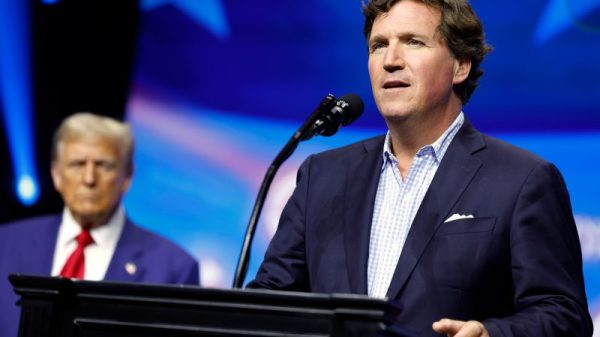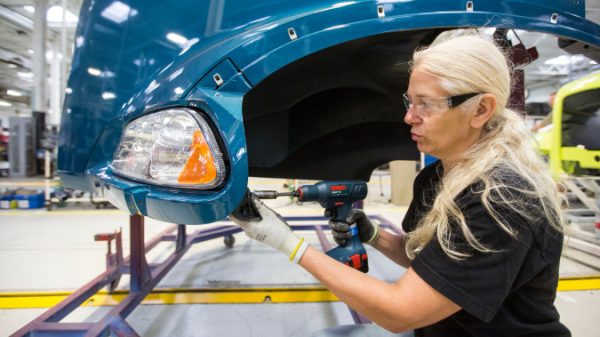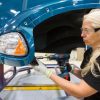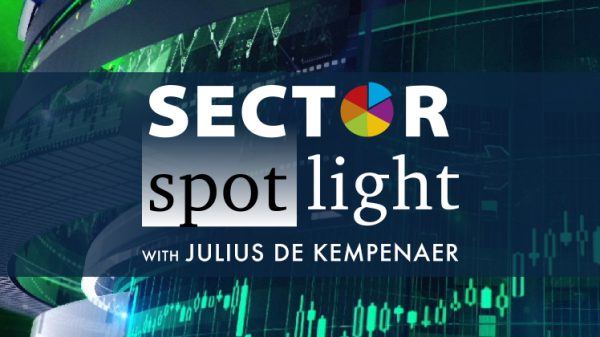The world of tech is always changing, which makes it an exciting place for investors to be.
There was a lot going on in the sector during first week of October, from the beginning of one of the most talked-about trials of the year to an acquisition that took one of the largest parking companies off the trading floor.
1. Bankman-Fried’s trial begins
The trial of disgraced FTX entrepreneur Sam Bankman-Fried began on Wednesday (October 4). He stands accused of seven charges, including fraud, wire fraud and conspiracy. Bankman-Fried’s company was once worth US$32 billion and is best known for its crypto token, FTT. Bankman-Fried stepped down as CEO and the company filed for bankruptcy protection in November of last year; on December 12, he was arrested in the Bahamas.
These events shook an already fractured industry, and investors are still reeling from the impact. Exact numbers vary, but multiple sources estimate that billions of dollars were lost when FTX filed for bankruptcy. The value of other reliable cryptocurrencies like Bitcoin also fell, and the industry as a whole has yet to bounce back to its heyday.
2. OpenAI may create AI chips
OpenAI is considering developing its own AI chips to address the current shortage. Like other companies focused on AI, the company behind ChatGPT relies on chips called AI accelerators to run and train its generative AI programs. Demand for these chips has skyrocketed since the launch of ChatGPT earlier this year — according to a report by TrendForce, OpenAI alone will require over 30,000 of the chips, and as more AI companies pop up usage will only increase.
Tech giant NVIDIA (NASDAQ:NVDA) currently accounts for 80 percent of the AI chip market, giving it a strong monopoly over production. By building its own AI chips, OpenAI would not only be able to cut costs significantly, but would also have a valuable product that could fill a hole in a wide-open and vastly underserved market.
For now, the company has remained quiet on whether this is a project it is close to pursuing. Sources from multiple media outlets have reported that OpenAI may also look to diversify away from NVIDIA with other AI chip manufacturers.
3. Google launches newest Pixel phone
Google (NASDAQ:GOOGL) presented its newest phones at a press conference in New York City on Wednesday. The Pixel 8 and Pixel 8 Pro feature a polished look with rounded edges and smaller screens, better image-capturing capabilities and, importantly, an advanced version of Google Tensor, Google’s revolutionary machine-learning chip. According to the company, these chips can turn smartphones into sophisticated virtual assistants powered by artificial intelligence (AI). Google Tensor G3 has twice as many capabilities as its predecessor, like summarizing web pages and screening spam calls.
While Google’s Pixel line of smartphones only represents 1 percent of the global market, Google hopes to establish an early lead in the market for AI-powered smartphones, perhaps even outperforming Apple (NASDAQ:AAPL) in terms of AI capabilities.
4. Section 32 secures fifth round of funding
Section 32 (S32), a Palo Alto-based venture firm led by former Google Ventures CEO Bill Maris, secured US$525 million in capital commitments for its Fund 5 vehicle. S32 has already backed several startups that went on to become publicly traded companies, notably CrowdStrike (NASDAQ:CRWD), which went public in 2019.
Google Ventures prioritizes tech- and AI-focused startup companies, and a portion of this newest round of funding will go towards investing in early stage businesses. The rest will be reserved for growth in companies the firm is already invested in. Some of S32’s most notable portfolio entries include an HR tech company called Gusto, as well as Cohere, which was valued at over US$2 billion in June 2023.
5. Parking startup Metropolis acquires SP Plus
Los Angeles-based parking startup Metropolis announced plans to acquire parking conglomerate SP Plus (NASDAQ:SP) for US$1.7 billion on Thursday (October 5). According to Crunchbase, the offer represents a 52 percent premium over SP Plus’ closing share price on Wednesday. The deal will be financed through a mix of debt and equity from high-profile investors, including Elridge and 3L Capital, plus several new investors who will contribute through a Series C offering. With the acquisition, publicly traded SP Plus will be absorbed by Metropolis, which is a private entity.
SP Plus manages over 2 million parking spots at parking facilities in over 3,300 locations, while Metropolis is a startup led by Alex Israel. He built the company in 2017 after selling his last company, ParkMe. Israel’s newest venture uses computer imagery to allow users to park and go without having to stop and enter credit card information or pay with cash. Instead, users only need to enter their information once into an app. The parking system then tracks the user’s car and charges them on their way out.
Securities Disclosure: I, Meagen Seatter, hold no direct investment interest in any company mentioned in this article.
